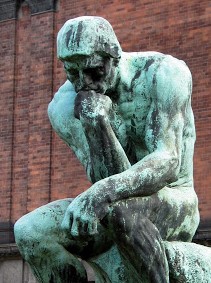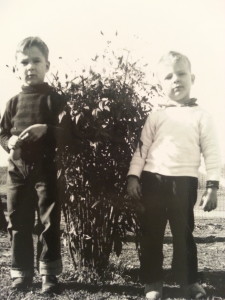With our first two children now college age and our youngest sprinting toward adolescence, a number of pivotal shifts – threshold moments – lay ahead. Leaving Africa felt surreal. Life as we knew it was soon to radically change.
On some days we felt a faint sense of adventure for some veiled assignment the Lord may have in store. In large part though, truth be told, my bride and I felt like hapless passengers on a rudderless ship bobbing on fog-laden seas. Paul’s words to the faithful at Corinth had become quote-worthy, “We see in a mirror dimly”*.
My flight route out of Tanzania brought me via Europe to the U.S. and on to Oklahoma. On the long journey a string of uncertainties played at my imagination like a gathered company of aircraft hovering above a big airport, each waiting its turn to land. One set of musings circled around again and again.
How grave is my dad’s condition. . . will the radiation protocol rise to the occasion? What actually Is Mesothelioma?
By degrees, March of ’92 chipped away at my emotional reserves. My foremost objective was to accompany Dad to his treatment appointments several days each week.
But then my brief snatches of times with our lovely firstborn brought precious and welcome reprieves. A Tex-Mex luncheon together disclosed news of a romance story underway, and I would meet Julie’s special beau before my trip back home (Tanzania).
In a particularly sacred kind of moment, my aged father tenderly granted a request I gently presented him. In keeping with an ancient biblical practice, he invoked a father to son blessing, leaning forward from his hospital bed. I am forever grateful.
Through our few weeks together, Dad’s treatments appeared to indicate some modest gains in the cancer battle. When we hugged farewell, we each donned a hopeful smile at the prospect of seeing one another in a few months, when the plane bearing my family would again touch down in the United States.
Back in East Africa our weeks and months streamed by. Tying together loose ends, sharing at farewell functions, celebrating our son’s graduation. A myriad body of tasks met us that are common to households transitioning yet again to other locations.
As the days for leaving the beloved continent neared, a moment of past reflection surfaced. The ad that had caught my eye a short while before – I.S.I.
Was International Students, Inc. to factor in as we bridge the coming divide – our next threshold?
©2023 Jerry Lout *1 Corinthians 13:12



